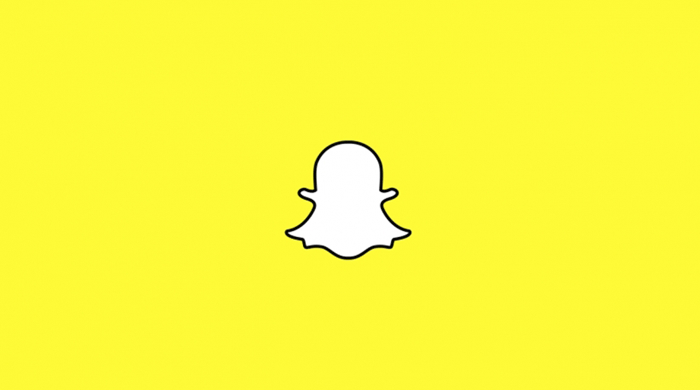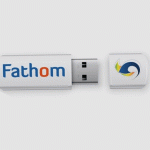Snapchat recently changed its name to Snap, in a subtle yet telling move to redefine its direction and place itself in the social media realm. Now, Snap is starting to expand its empire in even newer, bolder directions, starting with the release of Spectacles next year, which will enable users to take images and video with real-world glasses.
It’s hard to tell exactly what the company has up its sleeve, but a look at its historical developments and hints at new directions gives us a clue as to what we can look forward to next year (and beyond).
These are just some of my predictions for how Snap could revolutionize social media in 2017:
1. Real-time perspective sharing
Spectacles could just be the first step in a whole new world of real-time perspective sharing. Live video took off enormously this year because social media users are demanding more in-the-moment content and more vicarious experiences. With the addition of moment-sharing glasses, Snap is moving forward into a new league of vicarious experience.
Google Glass offered a similar functionality, but never took off. But thanks to the social integration, Snap could potentially do what Google couldn’t: penetrate the wearable device market.
2. Augmented reality takeover
Virtual reality and augmented reality (VR and AR) made substantial progress this year with the introduction of Oculus Rift and the knockout success of Pokémon Go. With Snap getting involved in the wearable device industry, and with its existing penchant for augmented reality filters, the company will almost surely make meaningful moves toward even more enriched augmented reality experiences.
It may roll out those experiences gradually, so as not to hit the market too soon. But that rollout is almost certainly coming. The company may even think to partner with a bigger tech rival — think Google or Apple — to get the job done.
3. More message-based social media
Already, Snap has proven that the status-based model (which Facebook popularized) isn’t the only way to hook social media users. Rather than broadcasting messages or “statuses,” Snap users rely on variations on private messages for the major proportion of their communication.
Because this has been so successful, while status-based apps like Twitter have floundered, I anticipate that Snap will lead the way in more message-driven social media developments. This may include the rise of new platforms, the modification of old ones or the death of long-established ones that refuse to adapt.
4. Unlimited options
Snap already offers tons of options to its users, enabling them to post messages selectively to certain friends, set timers for their content’s expiration and string together “stories,” not to mention use one of dozens of goofy filters and doodling options. These options may increase and diversify even further, to the point where Snap may become an app where any type of communication or message is possible. That variety has helped the company get to this point, so it’s incentivized to enhance its offerings even further.
5. App UX
The user experience within the app is something that makes Snap unique, and I expect we’ll see more competitors trying to copy its approach. The features Snap has are somewhat intuitive, but they aren’t obvious; you can’t master Snap in a day if you don’t know what you’re doing.
This learning curve makes it rewarding to learn the app gradually, but never alienates its audience. You can already see other apps copying Snap’s user experience model, such as Instagram releasing its own version of Stories.
6. User attraction
That being said, most of Snap’s audience found the app through their friends, and its demographics are passionate about the brand, but relegated to a small portion of the world population. In 2017, I expect Snap to make a move toward greater user adoption — especially potential users in previously untapped demographics –so the app can continue to grow, unabated.
7. Advertising revolutions
Right now, it’s difficult for brands to get involved with Snap since it’s such a personal and private app. There are advertising options available, but they’re expensive due to their massive reach, and there’s no conventional way to earn a following the way you can with apps like Facebook, Instagram and Twitter.
Snap has a huge audience, and it’s only going to grow, so you can bet it’s going to find more ways for small companies and brands to get involved in the advertising circuit. Expect to see revolutionary new ways to advertise on social media.
I openly admit that the majority of these predictions are speculative; I don’t know anybody who works for Snap, Inc., nor do I have access to leaked information. However, I’m making these predictions because I see them as extensions of roads and directions that already exist. Snap has already made meaningful strides in most of these areas, so it’s only a matter of time before the app pushes the envelope even further.
In any case, even if these specific predictions don’t come true, that doesn’t change the fact that Snap is one of the fastest-growing and most innovative social media companies out there. And I’m positive it has big things in store for the future.



